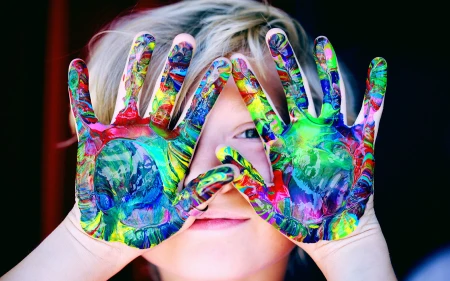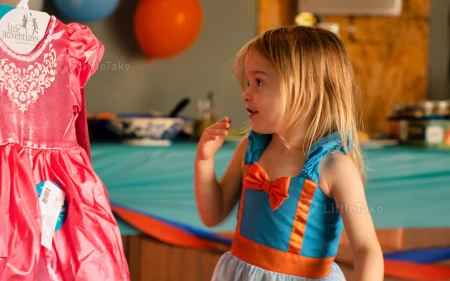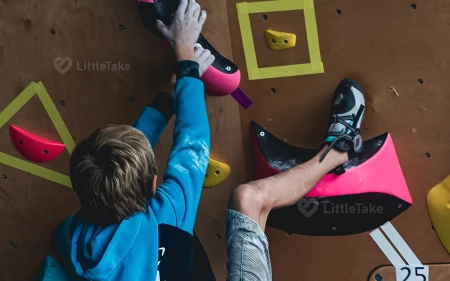
Raising Culturally Aware & Inclusive Kids
In today's diverse world, it's more important than ever to raise children who are culturally aware and inclusive. By nurturing these values in your kids, you can help them become empathetic, open-minded individuals who appreciate and respect the differences in others. Here are some tips for raising culturally aware and inclusive children:
1. Expose them to diverse cultures
One of the most effective ways to develop cultural awareness is by exposing your kids to different cultures. Visit local cultural events and museums, explore ethnic cuisine, and read books that celebrate diverse perspectives. These experiences will help your child develop a genuine appreciation for different cultures and traditions.
2. Encourage open discussions
Create a safe space for open discussions about different cultures, races, and beliefs. Encourage your child to ask questions and express their thoughts, and be prepared to answer with honesty and sensitivity. This will foster a sense of curiosity and understanding about the world around them.
3. Teach them about their own heritage
Help your child understand and appreciate their own cultural background by sharing family stories, customs, and traditions. This will instill a sense of pride in their heritage and help them recognize the importance of respecting others' backgrounds as well.
4. Challenge stereotypes and biases
Be aware of your own biases and stereotypes, and work to address them. Encourage your child to think critically about the messages they receive from the media, their friends, and even their own thoughts. Discuss the dangers of making assumptions and the importance of treating everyone with respect and kindness.
5. Emphasize empathy and compassion
Teach your child the value of empathy and compassion by modeling these behaviors yourself. Show them how to put themselves in someone else's shoes and consider how others might feel in different situations. This will help your child develop a greater understanding of and appreciation for diverse perspectives.
6. Build friendships with diverse peers
Encourage your child to form friendships with peers from different cultural backgrounds. This exposure to diverse perspectives and experiences will help them develop a more inclusive worldview and challenge any preconceived notions they may have about others.
7. Promote inclusivity in all aspects of life
Model inclusive behavior in your daily interactions with others and ensure your child sees you treating everyone with respect and kindness. Encourage your child to stand up against discrimination and promote inclusivity in their own friendships and social activities.
By incorporating these strategies into your parenting, you can help your child develop a strong foundation of cultural awareness and inclusivity. This will empower them to embrace the beauty of diversity and contribute to a more inclusive, compassionate world.













